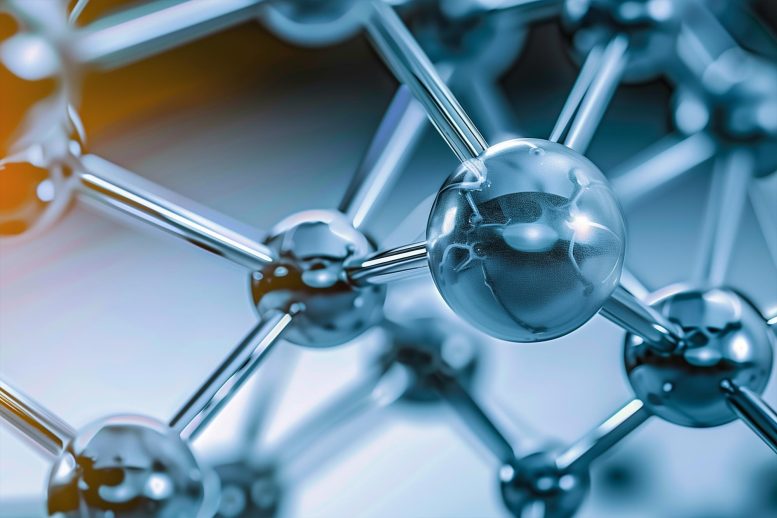F11 Bacteria

- 30 Jan 2025
In News:
A recent scientific study has identified a bacterial strain, Labrys portucalensis F11 (commonly referred to as F11), capable of degrading per- and polyfluoroalkyl substances (PFAS) — popularly known as “forever chemicals” — by breaking their strong carbon-fluorine (C-F) bonds.
About F11 Bacteria:
- Scientific Name: Labrys portucalensis F11
- Family: Xanthobacteraceae
- Nature: Aerobic and pollutant-resistant bacterium
- Origin: Isolated from industrially contaminated soil in Portugal
- Significance:
- Adapted to thrive in toxic environments
- Uses environmental contaminants as an energy source
- Capable of degrading at least three types of PFAS and certain toxic byproducts
What Are Forever Chemicals (PFAS)?
- Definition: A group of synthetic, man-made chemicals known for their extremely strong C-F bonds, making them persistent and non-biodegradable.
- Why Called 'Forever':
- Resistant to natural breakdown
- Found in air, rainwater, and soil for decades or longer
- Health & Environmental Hazards:
- Linked to cancer, hormonal disorders, immune dysfunction, and environmental toxicity
- Migrate into soil, water, and air during production and use
- Regulation: Certain PFAS are listed under the Stockholm Convention on Persistent Organic Pollutants
Relevance for India and the World:
- Global Impact:
- PFAS are used in a wide range of consumer products such as non-stick cookware, firefighting foams, and food packaging.
- Their persistence poses long-term risks to public health, groundwater contamination, and biodiversity.
- India's Concern:
- Increasing industrialization and waste mismanagement heighten PFAS exposure risks.
- No comprehensive PFAS regulation in place yet; calls for adopting stringent environmental safety norms.
